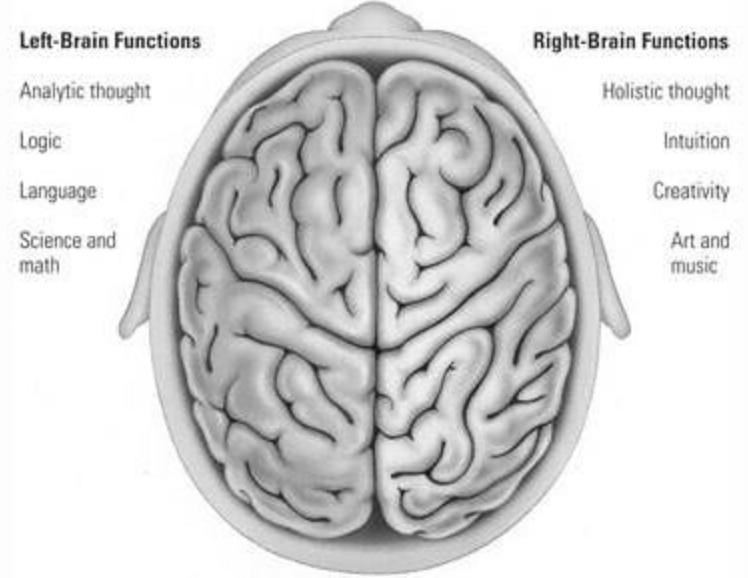A Brief History of Music: From Origins to the Present Day
Music, a universal language that transcends cultural barriers, has been an integral part of human civilization since time immemorial. From the earliest forms of vocal expression to the complex symphonies and digital compositions of the present day, music has evolved and adapted, reflecting the diverse experiences and emotions of humanity. This article delves into the fascinating journey of music, from its origins to the contemporary era, exploring its evolution, innovations, and enduring significance in shaping societies and individuals alike.
Ancient Music and Oral Traditions (Prehistory — 1000 BCE)
The origins of music trace back to prehistoric times, long before the development of written language. Early humans communicated through vocalizations and body percussion, using music to express emotions, rituals, and tribal identities. Ancient cultures developed various musical instruments, such as bone flutes, percussion tools, and stringed instruments, to enrich their musical repertoire.
Ancient civilizations, like the Sumerians, Egyptians, and Greeks, further advanced music with the establishment of formal music theory, recording compositions on clay tablets and papyrus. Music played a crucial role in religious ceremonies, communal gatherings, and storytelling, solidifying its place in the core of human society.
Medieval and Renaissance Periods (500–1600 CE)
The medieval era witnessed the rise of religious music, with Gregorian chants dominating Christian liturgy. Monasteries became centers of musical knowledge, preserving and developing various melodic structures. In parallel, secular music flourished in courts and among minstrels, inspiring the birth of troubadours, trovers, and other wandering musicians.
The Renaissance period marked a significant shift in music, characterized by polyphony and the development of musical notation. Composers like Josquin des Prezi and Palestrina shaped the era’s musical landscape, elevating music to a refined art form enjoyed by both the clergy and nobility.
Baroque and Classical Eras (1600–1800 CE)
The Baroque period introduced grandiosity and theatricality into music. Composers like Johann Sebastian Bach, George Frederic Handel, and Antonio Vivaldi contributed to the evolution of orchestral music, opera, and solo instrumental performances. The harpsichord became a prominent instrument, and the concerto and sonata forms emerged, enriching musical expression.
The Classical era marked a shift towards clarity and balance in musical compositions. Renowned composers like Wolfgang Amadeus Mozart, Ludwig van Beethoven, and Franz Joseph Haydn refined symphonic structures and introduced the symphony, string quartet, and piano sonata as standard forms.
Romantic Period (1800–1910 CE)
The Romantic period revolutionized music by emphasizing emotional expression and individuality. Composers like Franz Schubert, Frédéric Chopin, and Johannes Brahms explored the depths of human emotions, crafting poignant melodies and intense harmonies. The orchestra expanded with the addition of new instruments, enhancing the richness of musical arrangements.
The advent of the phonograph in the late 19th century allowed music to be recorded and distributed, revolutionizing the way people consumed music. This laid the foundation for the music industry as we know it today.
20th Century and Contemporary Music (1910 CE — Present)
The 20th century witnessed an explosion of musical experimentation. The emergence of jazz brought forth a new genre that blended African rhythms with Western instruments, leading to an era of jazz greats such as Louis Armstrong, Duke Ellington, and Miles Davis.
In the early 1900s, classical music experienced a wave of innovation with composers like Igor Stravinsky, Arnold Schoenberg, and Claude Debussy challenging traditional norms, giving rise to modernism and atonal music.
The mid-20th century saw the birth of rock ’n’ roll, a genre that revolutionized popular music, bringing about legendary figures like Elvis Presley, The Beatles, and The Rolling Stones. The advent of electronic music in the late 20th century paved the way for genres like techno, hip-hop, and electronic dance music (EDM).
The digital revolution of the 21st century drastically altered the music landscape. Digital audio workstations (DAWs) and software synthesizers empowered musicians to create and produce music with greater accessibility. Online streaming platforms and social media transformed music distribution and consumption, providing global exposure to artists from diverse backgrounds.
Conclusion
The history of music is a testament to the power of human creativity, emotion, and innovation. From ancient oral traditions to the technological wonders of the present day, music has accompanied us through the highs and lows of human existence. It has served as a mirror of societal changes, an outlet for personal expression, and a unifying force for people across cultures and generations.
As we continue into the future, the legacy of music’s journey remains an everlasting symphony, echoing the human experience and continuing to inspire generations to come.




